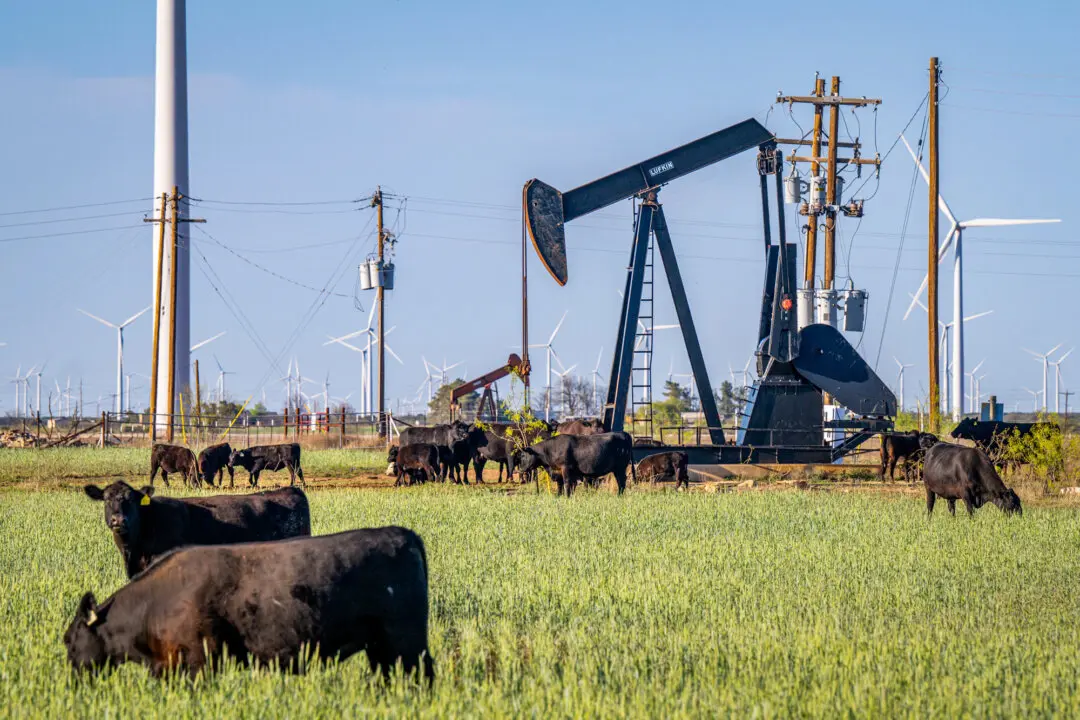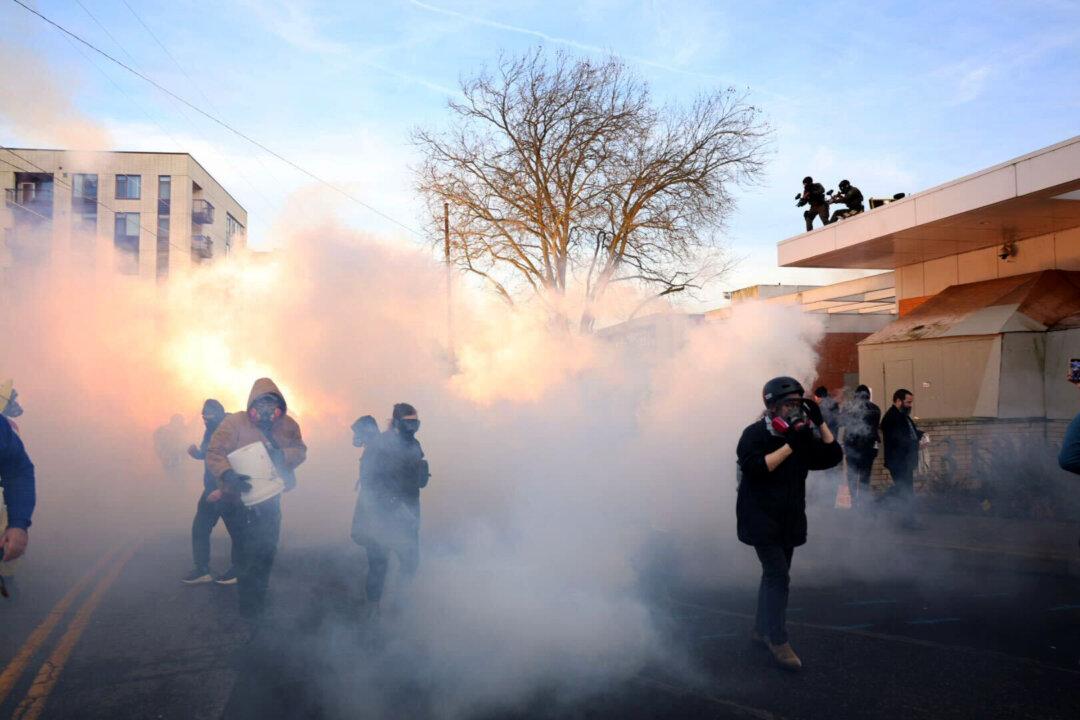Several states are divesting their public pension funds from China amid growing public distrust of the regime in Beijing, although billions of retirement dollars remain invested in the communist nation.
Forty-two states have at least one public pension fund invested in China or Hong Kong, according to The Rubicon Report from Future Union, a nonprofit group headed by venture capitalist Andrew King.





